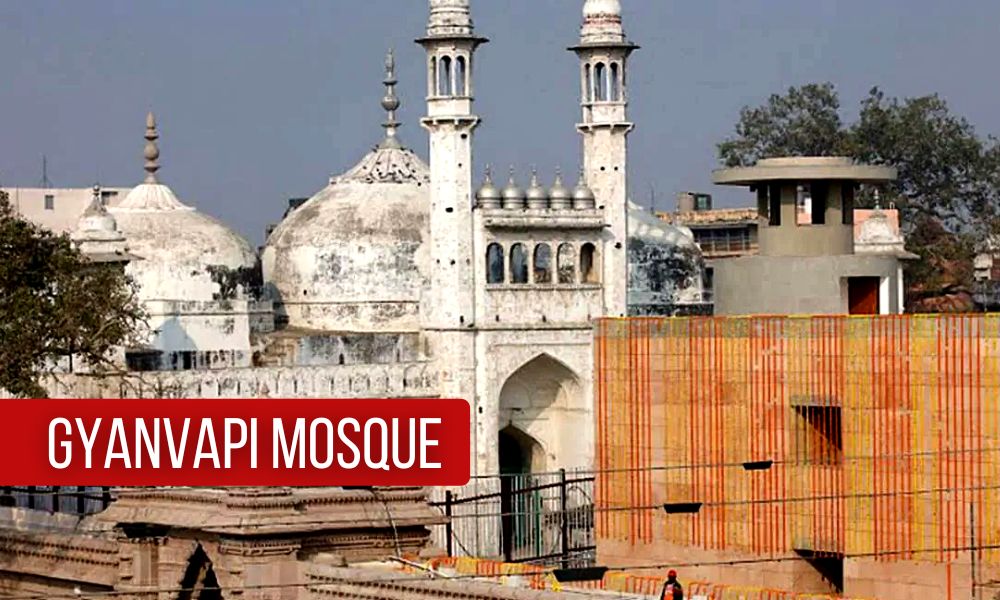LI Network
Published on: February 5, 2024 at 14:15 IST
A plea has been submitted before a Varanasi Court, urging the Archaeological Survey of India (ASI) to conduct a comprehensive survey of the inaccessible cellars within the premises of the Gyanvapi Mosque.
The application calls for the removal of blocked entrances and debris obstructing access to areas not previously surveyed by ASI during its recent examination.
The application, filed under Section 75 (e) and Order 26 Rule 10A r/w Section 151 of CPC, was moved by Rakhi Singh, plaintiff no. 1 in the Shringar Gauri Worshipping suit 2022, presently pending in the Varanasi Court, through Advocate Saurabh Tiwary.
Singh argues in her application that surveying the remaining cellars is crucial to determine the religious character of the Gyanvapi premises. The application notes the existence of cellars N1 to N5 in the north and S1 to S3 in the south within the Gyanvapi premises. Cellars N1 and S1 are entirely inaccessible due to blocked entrances.
Referring to the recent ASI report on the Scientific survey of the Gyanvapi Mosque, Singh highlights that the entrances to cellars N1 and N2 are blocked, making it impossible to ascertain their dimensions or inner arrangement. She emphasizes that ASI should be directed to survey these cellars without causing any damage to the mosque structure.
It is noteworthy that the District judge recently permitted the regular worship of Hindu deities in the southern cellar of Varanasi’s Gyanvapi Masjid. The District Magistrate and other officials entered the mosque complex following this order, spending around two hours inside.
Subsequently, the basement/tehkhana was unlocked, and regular worship commenced. The Anjuman Intezamia Masajid Committee, managing the Gyanvapi mosque, has challenged the Varanasi District Court’s order in the Allahabad High Court.

